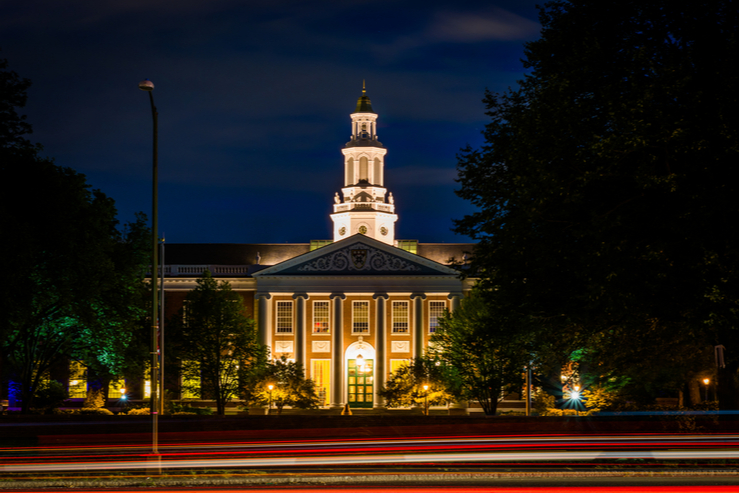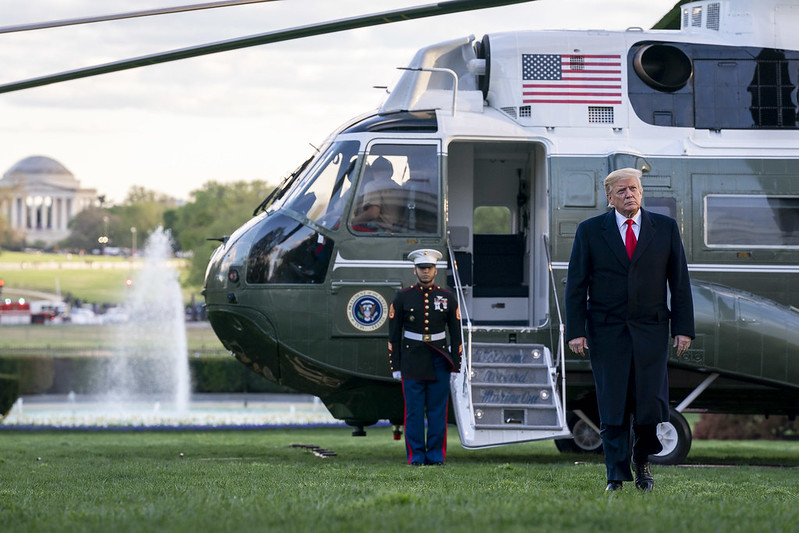
You know the market is punishing colleges for their bad politics and sad return on investment for students. Students simply aren’t showing up when they know they can get a “Dirty Job” and make more money with less debt. But that’s not the only trouble facing America’s elite universities. Many are now facing the consequences of investing in private markets when the more liquid public markets have done a better job. Spencer Jakab explains in The Wall Street Journal:
A school like Harvard, now well into its fourth century, will almost certainly survive for a fifth one. But there are financial problems below the surface that could emerge if the bull market stumbles and especially if some proposed Trump administration policies are enacted.
Harvard’s $53.2 billion endowment is so huge that the difference between a good and a so-so investment performance translates to sums that would dwarf most colleges’ entire nest eggs. Former Harvard President and former U.S. Treasury Secretary Larry Summers estimated this year that if Harvard had been able to just keep up with other Ivies and “large endowment schools” in the past several years, it would have $20 billion more. For perspective, he says that just $1 billion could fund 100 professorships or permanently cover tuition for 100 students.
But even Harvard’s peer group isn’t doing as well as it could. Veteran investment consultant Richard Ennis wrote this month that high costs and “outdated perceptions of superiority” have stymied Ivy League endowment returns, which could have been worth 20% more since the 2008 financial crisis if invested in a classic stock and bond mix. Harvard has more than three-quarters of its endowment in private equity, hedge funds or real estate and just 14% in publicly traded stocks. Harvard Management Co. doesn’t break out fees in its reports and a spokesman didn’t provide that information, but Ennis estimates that the all-in cost of management for such assets is easily 3%, which is a gigantic drag.
The risk for Harvard and other elite schools, explains Jakab, is not in declining enrollment, but in the “opaque private-equity funds” they have invested in. He concludes:
The more elite the college, the less they will suffer from a drop in overall U.S. enrollment. Harvard alone, for example, rejected more than 50,000 students last year—enough to populate several less-prestigious colleges’ freshman classes. A drop in stocks, or a reckoning that reveals their opaque private-equity funds aren’t as valuable as they look on paper, would leave a mark, though.
Action Line: In both colleges and investment opportunities, exclusive does not always mean better. If you know a recent college or high school graduate who has joined the workforce, put them on the right path to investing. Download Your Survival Guy’s free Special Report: How To Invest After Graduating College.



